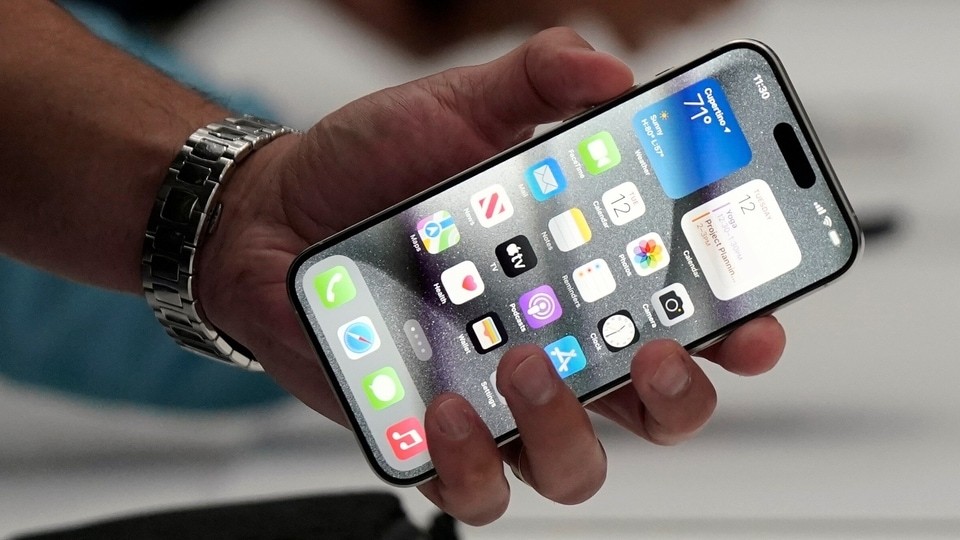
Apple's latest iOS update introduces a game-changing security measure that's causing a stir in both tech and law enforcement circles. The new "inactivity reboot" feature, discovered in iOS 18.1, automatically restarts iPhones after a period of inactivity, adding an extra layer of protection for user data.
How It Works
According to Dr.-Ing. Jiska Classen from the Hasso Plattner Institute, the feature triggers a device reboot after approximately 24 hours without cellular network connection. This action forces the iPhone into a "Before First Unlock" (BFU) state, where data remains encrypted and Face ID is disabled until the user enters their passcode.
Impact on Law Enforcement
The feature has notably complicated forensic investigations. Officials in Detroit, Michigan reported that confiscated iPhones would unexpectedly restart about a day after losing cellular service. Each reboot requires new authentication attempts, making it more challenging for investigators to access device data.
Enhanced User Privacy
While Apple hasn't officially commented on the feature, cybersecurity experts view it as a positive step for user privacy. Jake Moore, a global cybersecurity advisor at ESET, notes that the feature makes unauthorized access to iPhones more difficult, regardless of Apple's intentions.
Broader Security Context
This development aligns with Apple's recent efforts to bolster device security, including the introduction of Stolen Device Protection. For iPhone users, the inactivity reboot feature represents another tool in safeguarding personal information against potential threats.
As the tech community continues to analyze this new feature, it's clear that Apple is pushing the boundaries of mobile device security, even if it means occasional friction with law enforcement agencies.